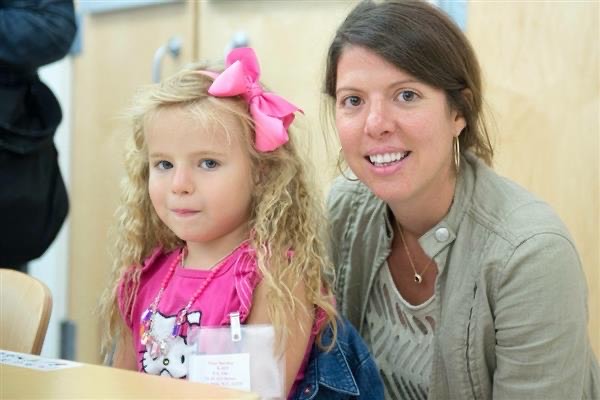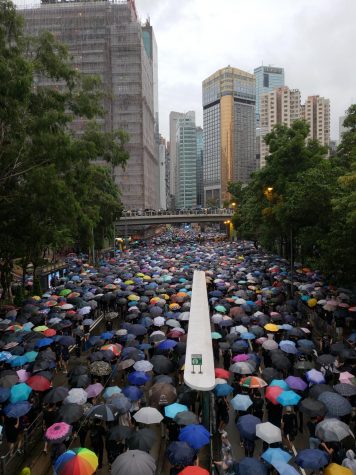Freedom, possibility, and responsibility:
an Op-Ed response to the Charlie Hebdo massacre
January 31, 2015
On January 7, two armed men walked into the Rue Serpollet, the headquarters of a French satirical magazine, Charlie Hebdo, and opened fire. Thirteen people were killed. Two more were left in critical condition.
The motive behind the attack was clear: the men stated “in perfect French” that they “have avenged the Prophet Muhammad.” Before the tragedy, the cartoonists of the magazine had received death threats and made an Al-Qaeda hit list for their satirical depictions of Islam, particularly the prophet Muhammad, who, traditionally, is not to be drawn.
Although the two gunmen were soon caught and killed, the incident sparked protests and tension not only in Europe, but all across the world. Pro-Charlie protests defending the freedom of speech massed in the streets of France, while anti-Charlie protests raged in the streets of Niamey, the capital of Nigeria.
That Charlie Hebdo had made itself a target of hatred cannot be argued, yet there is also no doubt that the shooting was unjustified. Channeling hatred into violence always has disastrous consequences, both for the victim and the perpetrator.
On an ideological level, freedom of speech means possibly offending others. As long as the freedom of speech exists, the possibility of offending others also exists. Therefore, the opposite of that—the possibility of being offended—does, can, and will exist as well.
The greatest challenges that lie in front of us at this moment are to learn how to cope with being offended and to be responsible for the freedom we have. Avoiding conflicts is impossible; it is the ability to resolve them is what truly matters.






